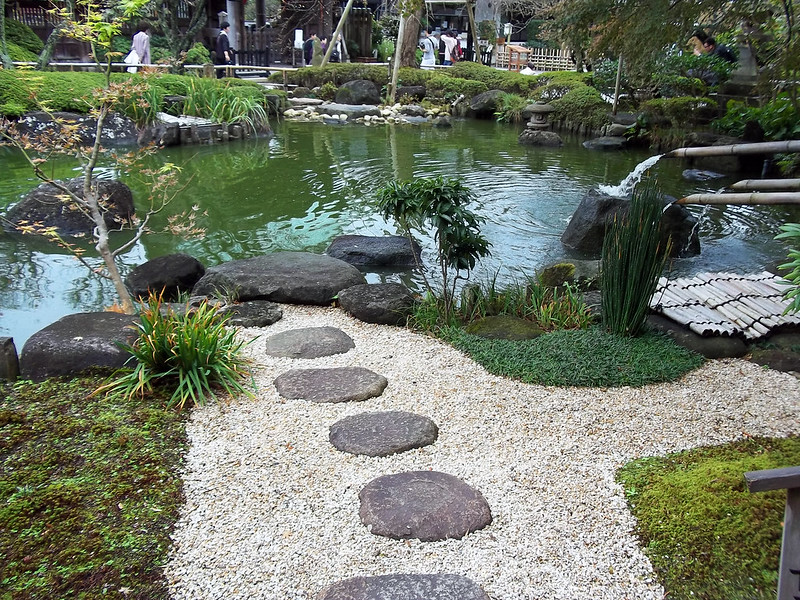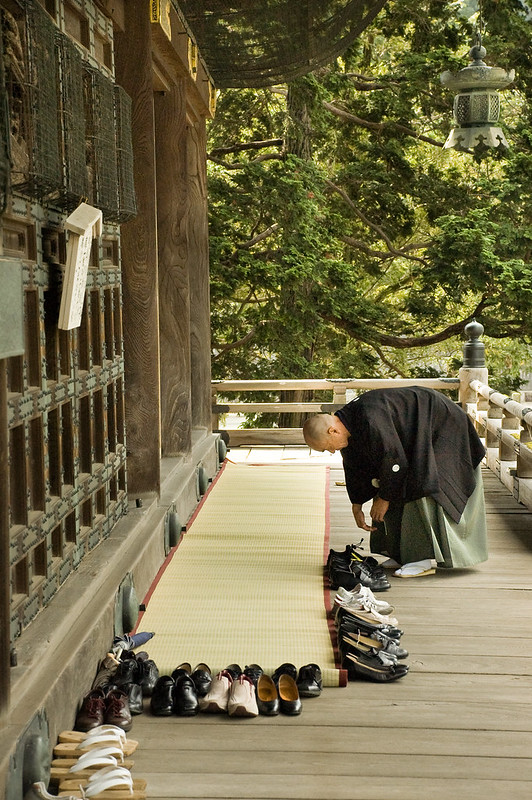
The Japanese Custom of Cleanliness
COVID-19 has made many people consciously aware of the need for cleanliness. There is the constant reminder for the need to disinfect and to regularly wash hands. The Japanese have been notoriously clean. For anyone who has traveled to Japan will have encountered the many ways that the Japanese observe cleanliness, how it is a cultural norm and an innate custom for most.
In Japan, people remove their shoes before entering a home. Removing shoes is not limited to residences. Other places also require guests to remove their shoes: temples, shrines, hot spring resorts, traditional inns, some schools, and so on. Some public toilets even provide toilet slippers in front of the toilet door for people to use.
People wearing face masks has been a usual sight in Japan even before COVID-19. People began using them for all sorts of reasons, not just to protect against allergens and germs. Brand logos and cute patterns turned them into a fashion statement.
The custom of removing shoes, Japan. | David Shackelford
Cleanliness as a central part of Buddhism and Shinto
Buddhism was introduced to Japan from China and Korea in the 6th and 8th centuries and cleanliness was an integral part of the religion. Zen Buddhism, from the 12th and 13th centuries, teaches that all daily life activities such as cleaning, cooking, having meals are considered spiritual exercises, no different from meditating.
Even before Buddhism came to the country, Japan had its own indigenous religion, Shinto (“The Way of The Gods”). Cleanliness was the core of Shinto religion, with the saying “cleanliness is godliness”. Buddhism’s stress on cleanliness merely reinforces what the Japanese were already practicing.
Cleansing before praying at a shrine, Japan. | kenichi nobusue
One key idea in Shinto is kegare or impurity, such as death and disease. Purification practices are commonly practiced to ward-off kegare. The activity purifies a person as well as wards off calamities that may affect the society.
With the new normal, it would only be logical to observe social distancing, and the common cleanliness practices will hopefully be a daily habit for everyone.


